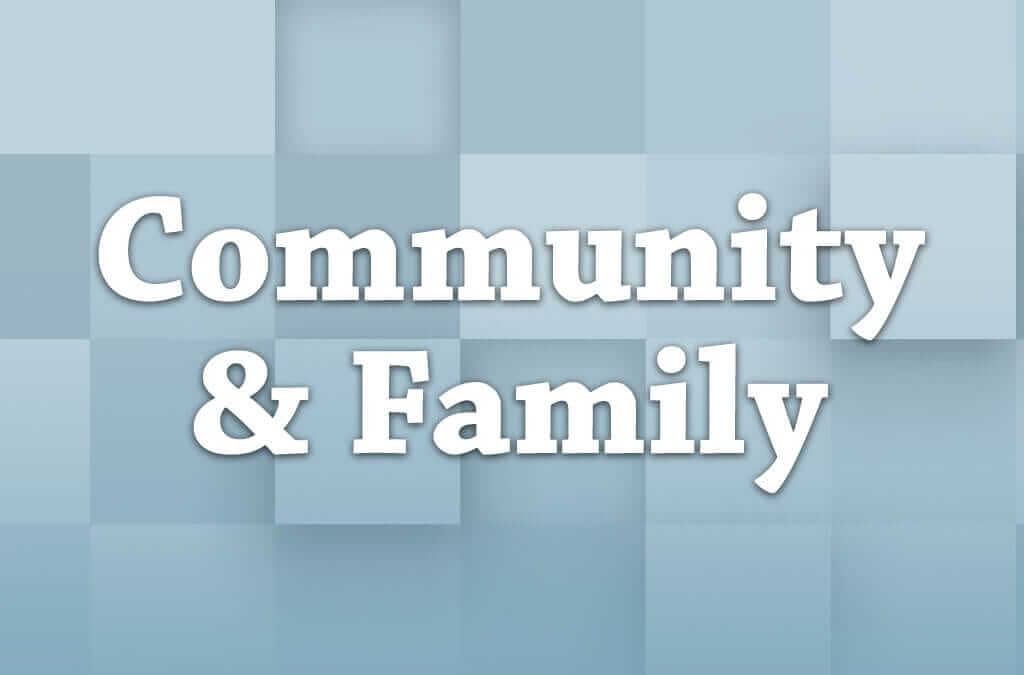There are plenty of deals on repossessed, sub-prime and other properties meant to entice consumers and get them to make a quick purchase. Buying a home is an important decision, and rushing into a cheap deal can leave you in a bad spot when things start to go wrong, as they most likely will.
Keep in mind that there are certain things that will indicate whether a house is lucky or a lemon, and identifying these elements can save you a massive headache later. If you aren't sure about something, get some financial investment advice from a realtor, broker or other money-minded friend whose input you know you can trust.
A lack of information
One of the first signs, according to real estate specialist Marge Bish, is that the ad will say and show almost nothing about the home. This is usually a sign that there is something aesthetically or structurally wrong with it that is so glaring, showing an image would put off any sensible buyer. Bish said that she frequently got calls about properties listed at bargain prices that only stated square footage or other vague details, but the home in question was actually slated for demolition.
"Let's say the listing has no pictures of the kitchen in it – usually a good sign that the kitchen is not great," said another realtor, Bill Golden. "Same goes for the backyard, or any other feature you would expect to see pictures of."
Have a needs list
Before starting the shopping process, decide what you must have in a home and what would just be nice to have. A married couple with two children will need at least two bedrooms, but some people may feel they need more space for hobbies, work-from-home activities and other endeavors. Decide if these are mandatory or if you can live without them. A pool is nice to have, but it can add zeros to a price that won't fit with your budget.
Of course, having a budget doesn't mean you can't be a little over or a bit under that figure. Most of the time you can put in a lower offer with a seller and try to bring the price down to your level, so talk to a financial advisor to see what sort of reasonable price point you should aim for.
Keep a level head
Looking at a dozen or so properties can make them all start to bleed together. If you start feeling fatigued, take a break from looking at homes for the time being, or else you could wind up jumping on the wrong property.
The Washington Post wrote that one of the major elements in making the wrong home buying decision was stress or falling in love with the wrong property, simply because it's the one in front of you at the moment. If you get overwhelmed, the next nicer home you see that fits some of your needs list will be the one you bid on, even if it isn't right. The source wrote that one of the most common tactics realtors will use is setting up a house to look like a dream, when in fact it's missing certain features that were on your needs list or has other structural, geographic or aesthetic problems.
Before investing in a major purchase like a home, be sure it's the right one for you. Talk to a financial advisor, review your budget and make certain that you really are happy with the property before putting in an offer.


